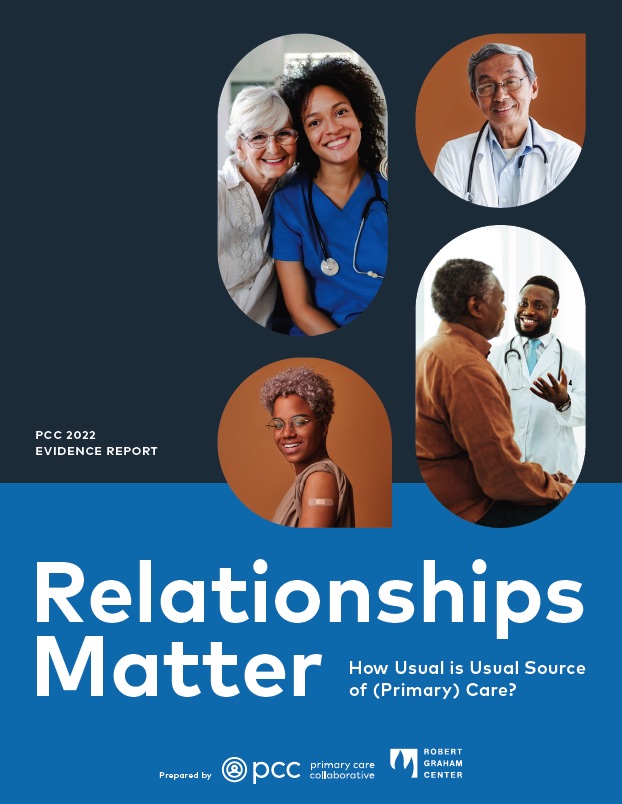You are looking at an archived version of our site. Please visit thepcc.org for a fresh, new experience!
PCC's Current Policy Priorities & Ongoing Work

Our current priorities
The PCC’s advocacy agenda centers on two policy priorities described below. To learn more about PCC’s latest payment reform and investment work, visit its Better Health—NOW Campaign, a cross-sector effort to realize the five payment recommendations laid out by the National Academies of Sciences, Engineering, and Medicine (NASEM) in its 2020 report on primary care. The Campaign’s broad coalition is using the recommendations as a launching pad for healthcare transformation to improve value and achieve health equity. PCC also hosts a new “Primary Care Investment Hub” to further its state-level policy work.
1) Influence federal policies, including payment and delivery models, to ensure that primary care is adequately compensated and effectively delivered.
-
Promote and inform new alternative payment models that shift reimbursement from volume to value, offering practices the flexibility and incentives to meet patients’ comprehensive needs and proactively manage population health.
-
Advocate for sufficient compensation for primary care clinicians and practices that enable and reward comprehensive, coordinated, and high-quality care delivered by a team.
-
Influence federal quality programs to ensure that measures of primary care are appropriate, evidence-based, and reflective of patients’ health and experiences, while also avoiding undue reporting burden on clinicians.
-
Advocate for the promotion of whole-person primary care as envisioned by the Shared Principles of Primary Care in all other federal policies including agency appropriations, regulations, and research.
2) Increase investment in high-value primary care that improves outcomes and prevents avoidable costs.
-
Make progress toward a consistent national definition and measurement of primary care.
-
Broaden knowledge of primary care investment levels and quality-improvement outcomes through work that supports and disseminates research measuring primary care return on investment.
-
Support the adoption of state-level legislative and regulatory actions to measure, report, and increase levels of primary care investment without growing total cost of care.
-
Evaluate the preliminary outcomes of existing state-level primary care investment policies to understand their impact and share lessons learned.
Our other ongoing work
PCC Policy Committee
PCC’s policy and advocacy committee convenes monthly to:
- Discuss legislative and regulatory updates related to primary care
- Learn from, and provide feedback to, invited policymakers
- Work together with peer organizations to advocate on a variety of federal issues related to primary care delivery and payment reform
Co-chairs:
- Shari Erickson, American College of Physicians
- Sarah Coombs, National Partnership for Women & Families
Committee members also have the opportunity to review and provide input on PCC comment letters and policy statements. The policy and advocacy committee is open to staff of PCC’s Executive Member organizations. To join the committee, contact Larry McNeely, Director of Policy.
Behavioral Health and Primary Care Integration
PCC also carries out policy and programmatic work on behavioral health and primary care integration. This work includes convening a Behavioral Health Integration Workgroup representing a multi-stakeholder coalition of health plans, employers, specialty societies, consumer representatives, health systems, and others. The workgroup has identified two priority areas for its work in 2021:
- Assess and promote virtual tools that support primary care practices to integrate behavioral health
- Influence federal primary care payment models to better address behavioral health
Co-chairs:
- Alin Severance, MD, UPMC Health Plan
To join this workgroup, contact Larry McNeely, Director of Policy.
What's New
August 16, 2024
- Page 1
- ››




